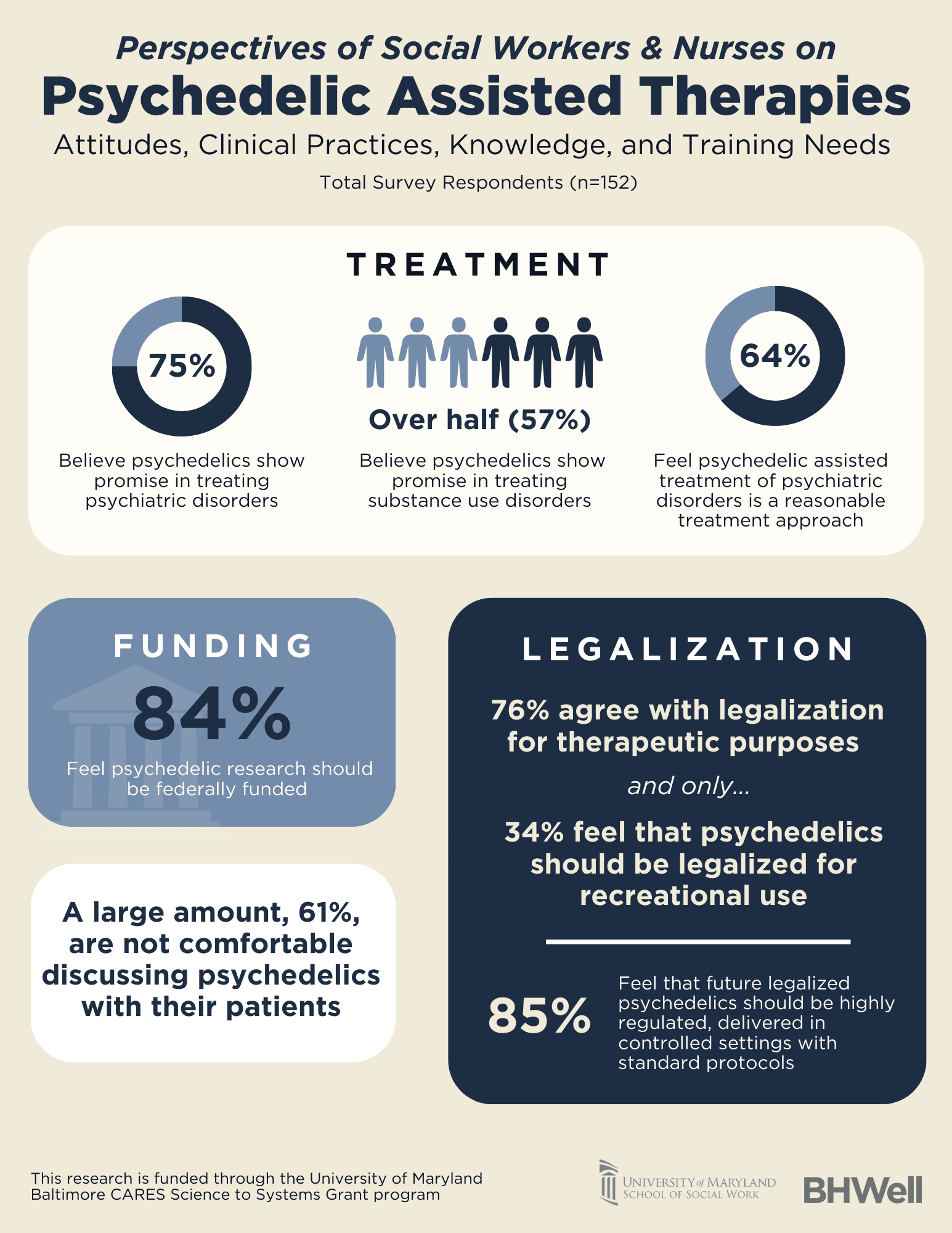Bad Bunny Wins Latin Grammys Album Of The Year, Redefines Pop
Bad Bunny took home Album of the Year at the 2025 Latin Grammys for his landmark release Debí Tirar Más Fotos, a victory that cements the Puerto Rican superstar's influence on global music culture. The win underscores shifting industry dynamics where Spanish language records dominate streaming platforms, and it raises fresh questions about how major awards and markets are adapting to Latin music's rise.
Listen to Article
Click play to generate audio

Bad Bunny, the Puerto Rican artist whose music has resculpted the boundaries of contemporary pop and urban Latin music, won Album of the Year at the 2025 Latin Grammys for Debí Tirar Más Fotos on November 14, 2025. The accolade for what has been described as a landmark release marks another moment in a career defined by genre blending, cross market appeal, and a relentless presence in the global audio conversation.
The award is significant both artistically and commercially. Artistically it recognizes an album that arrived amid high expectations for innovation from a performer who has repeatedly pushed the contours of reggaeton, trap, and pop. Commercially it confirms the market reality that Spanish language albums are not niche offerings but mainstream drivers of streaming, ticket sales, and brand partnerships. Record executives and promoters have watched closely as artists who sing primarily in Spanish now headline festivals, sell out stadiums across multiple continents, and dominate playlists that drive billion stream counts.
Beyond sales and streams, the win signals a maturation in how major industry institutions engage with Latin music. The Latin Grammys have long sought to celebrate Spanish and Portuguese language music, but this moment highlights a broader cultural shift. The global pop conversation increasingly includes artists who prioritize language and cultural specificity over linguistic assimilation. That trend complicates traditional pathways to mainstream success while creating new commercial logics that reward authenticity and cultural rootedness.
Bad Bunny's victory also amplifies questions about representation and cultural politics. As a Puerto Rican artist achieving global recognition, his success brings attention to the island's cultural contributions and prompts conversations about visibility in an industry that has not always equitably rewarded artists from the Caribbean and Latin America. The prominence of Spanish language music challenges Anglo centric benchmarks of success and invites sponsors, radio programmers, and streaming services to rethink investment strategies and audience assumptions.
The business implications extend to touring, merchandising, and media. Artists who secure flagship awards see increased leverage in negotiations for festival slots and brand deals. For independent labels and managers representing Latin artists, the validation provided by a high profile award can convert into better distribution terms and larger marketing budgets. For broadcasters and advertisers, the data showing robust cross market appeal is a call to realign spend toward Spanish language content that reaches diverse, engaged audiences.
Culturally, the win is a reminder that music remains a primary vehicle for storytelling and identity in a globalized media environment. Debí Tirar Más Fotos, in winning Album of the Year, serves as both a culmination of Bad Bunny's artistic trajectory and a blueprint for how artists can translate regional sounds into transnational influence. The ripple effects will be felt in playlists and boardrooms, in festival lineups, and in the choices of emerging artists who see in this victory a path that prizes cultural specificity as a route to worldwide resonance.


